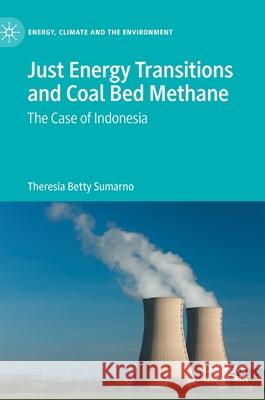Just Energy Transitions and Coal Bed Methane: The Case of Indonesia » książka
topmenu
Just Energy Transitions and Coal Bed Methane: The Case of Indonesia
ISBN-13: 9783030854898 / Angielski / Twarda / 2021 / 260 str.
Just Energy Transitions and Coal Bed Methane: The Case of Indonesia
ISBN-13: 9783030854898 / Angielski / Twarda / 2021 / 260 str.
cena 484,18 zł
(netto: 461,12 VAT: 5%)
Najniższa cena z 30 dni: 462,63 zł
(netto: 461,12 VAT: 5%)
Najniższa cena z 30 dni: 462,63 zł
Termin realizacji zamówienia:
ok. 22 dni roboczych
Bez gwarancji dostawy przed świętami
ok. 22 dni roboczych
Bez gwarancji dostawy przed świętami
Darmowa dostawa!
Kategorie:
Kategorie BISAC:
Wydawca:
Palgrave MacMillan
Seria wydawnicza:
Język:
Angielski
ISBN-13:
9783030854898
Rok wydania:
2021
Wydanie:
2021
Numer serii:
000340073
Ilość stron:
260
Waga:
0.46 kg
Wymiary:
21.01 x 14.81 x 1.6
Oprawa:
Twarda
Wolumenów:
01
Dodatkowe informacje:
Wydanie ilustrowane











